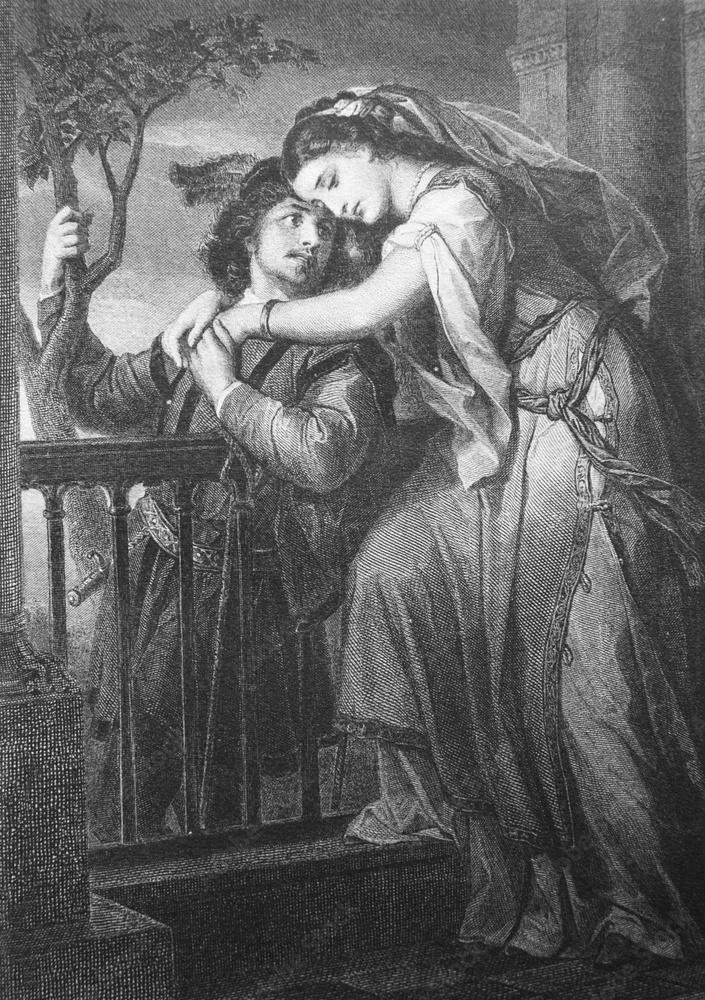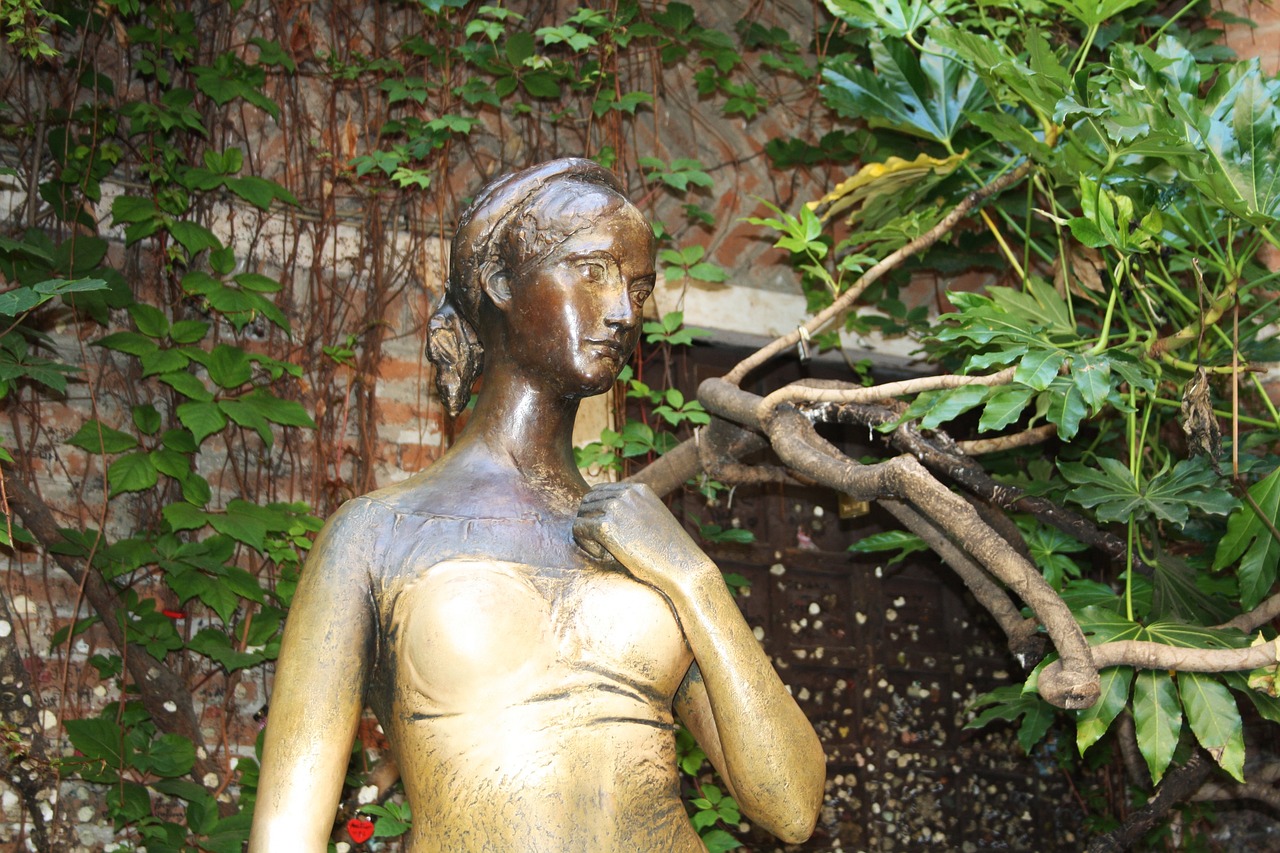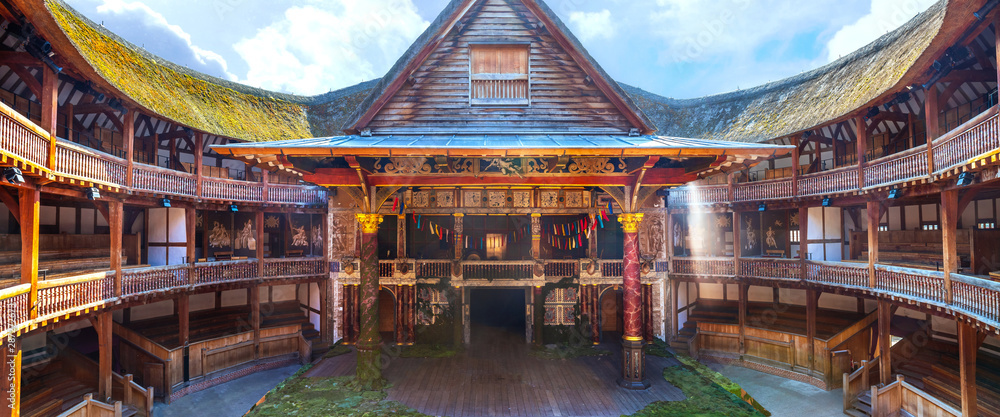
Romeo and Juliet: A Tragic Comedy
The genre of Romeo & Juliet may be interpreted in different ways, but should not be defined by just one. The play is both a comedy and a tragedy, with an abrupt genre shift in the middle of the play. The play demonstrates these two genres by standing by the hallmarks of Shakespearean comedies and tragedies and still signifying the end of the comedy through its own death.
The hallmark end of a Shakespearean comedy is that it ends with a wedding. Plays like “Much ado about nothing”, “As you like it”, and “Midsummer’s Night Dream” are just a few examples of this genre staple. At almost exactly halfway through Romeo and Juliet, the two of them get married. Friar Lawrence says at the end of Act 2 scene 5, “For, by your leaves, you shall not stay alone, till holy church incorporate two in one.”(2.5, 36-37). Here the Friar is leading the couple away to marry them. This is not the only signifier of a comedy however. The play begins with penis jokes and there is a miscommunication that leads to hijinks, like going to the Capulet party. This wedding, however, is the final moment of the comedy. The well known marker for its end. But there is still much more play to go.

After the end of Act 2, the genre shifts. The tragedy has begun. But how does Shakespeare drive his point home, that the comedy is over? He literally kills it. Mercutio, up to this point, has been one of the major comic reliefs. He has been teasing Romeo about his different crushes and constantly making jokes. And then he dies. Even in his final moments, he continues to make light of the situation, but is still angry with how he is dying. Going between jokes and true misery. In his dying monologue, Mercutio says “Ask for me tomorrow, and you shall find me a grave man. I am peppered, I warrant, for this world. A plague a both your houses!”(3.1, 97-100). As he is going from life to death, the play has changed. If the audience still believed that there would be more merry making and the comedy would still continue, the comic has now died, the comedy has died.
From that point on, only more suffering and pain are to come for the people of Verona. Tybalt too is slain, Romeo is banished, Juliet is set to marry another, and Lady Montegue dies of grief. This all comes to a head with the final deaths of the titular characters. But there is more than just their deaths that make this tragic. It is also the manner. Miscommunication is a staple of both comedy and tragedy. One leads to hilarity, while the other leads to suffering. Here we find the latter when Romeo sees what he believes is Juliet’s dead body, “Thou art not conquered, beauty’s ensign yet is crimson in thy lips and in thy cheeks, and death’s pale flag is not advanced there.”(5.3 94-96). Romeo is describing Juliet as just beautiful as if she were alive, which she is. Part of the tragedy here is that she is about to wake up from the potion. If he were to have waited minutes more, grieved a little longer, he would have been reunited with his wife in life rather than in death.
Romeo and Juliet is not bound to one genre, not as a mix of comedy and tragedy, but through an abrupt switch.
An essay by Bucky Stewart
